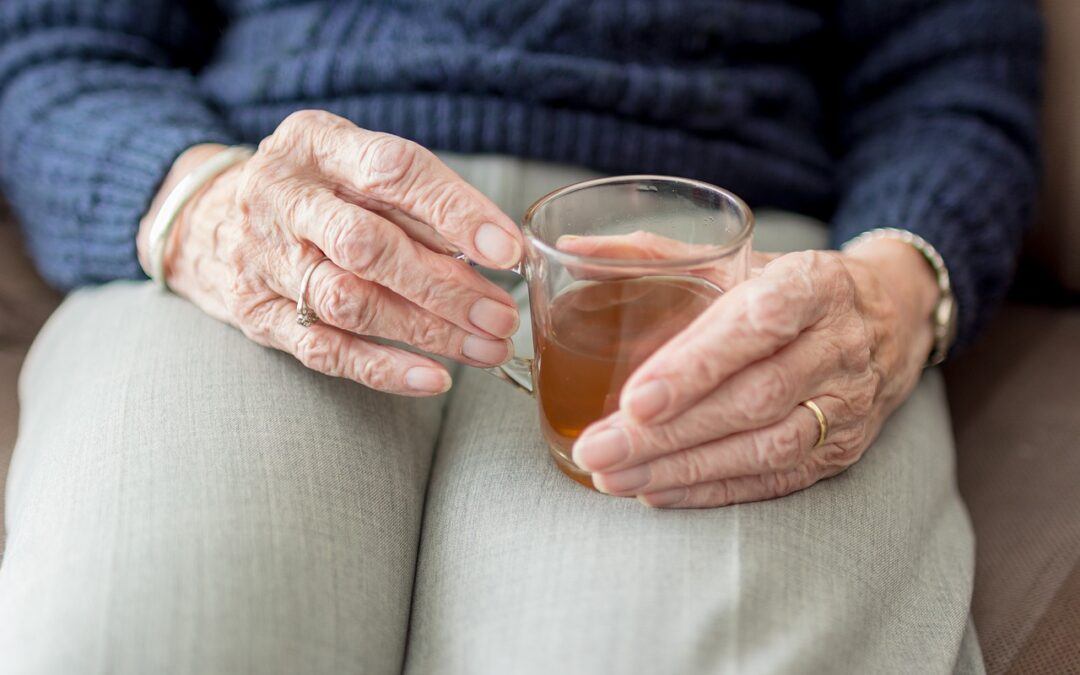When caring for the frail and elderly, it’s important to note that good health habits can make a difference even to seniors who are prone to illness or have not made their health a priority in the past. Here are 10 tips for keeping up with the health needs of a parent or senior loved one in need of frail care.
1. Maintain a healthy diet
The digestive system slows down with age, so high-fiber fruits, vegetables and whole grains are important for everyone but especially the elderly. Ensure they have nutritious meals and snacks. Seniors are also prone to dehydration and should drink plenty of water to stay energized.
2. Remain active
It is important to keep your elderly loved one active and involved. Exercise is important to keep them healthy. Unfortunately, it is not unusual for the elderly to become isolated and lonely or even suffer from depression especially if they have lost their spouse and are alone. Seniors who live at home may be lacking exercise.
3. Keep their brain active
Engaging in games and playful activities can improve daily life skills, cognitive ability, and emotional wellbeing. Memory care activities such as puzzles, crafts and card games are also very beneficial. One of the frail care services included in our frail care offering is cognitive stimulation through carefully designed activities by an Occupational Therapist.
4. Discuss end of life care
Don’t be afraid to have what can be a tough conversation about end of life care with your loved one. Make use of the tools and resources available online to talk with your loved ones about the kind of treatment they receive and where they would like to receive it. Whilst they are still active, visit frail care facilities to see what frail care services they offer.
5. Take them for regular health checks
Monitor their health regularly by keeping a check on their blood pressure and body temperature. Schedule regular appointments with their doctors and also ensure their medication is managed properly. It is important that all their prescriptions are filled and refilled as needed. If they are on a number of medications, it is best to buy a pillbox organizer with compartments labelled with the days of the week as well as AM and PM doses. If a new medication is prescribed, remember to ask the doctor or pharmacist about potential side effects or possible interactions with current medications.
6. Spend quality time together
It is important to visit them often. They need social interaction with you and you get the reassurance that they are safe, healthy and in general, doing well. During your visit, it’s always best to check around the house for any issues that may need to be addressed such as the overall cleanliness of the house or if anything is broken that may need to be fixed. Also, do a routine check of their food supply, laundry, mail, and plants.
7. Have a conversation about legal documents and finances
Financial abuse of seniors is a scourge. Make sure that your parent is protected from making hasty, poor, and expensive financial decisions. Make sure everything is up-to-date and completed when it comes to their important paperwork such as their will or power of attorney. It is not an easy conversation but it is essential. Once the task is done, it will give you both peace of mind. Most times your elderly loved ones are not comfortable or willing to talk about their finances. But you must try to have open discussions about their finances, especially if they live on a fixed income or there is a budget to be adhered to.
8. Monitor early signs of dementia
Memory loss that disrupts daily life may be a symptom of dementia, a brain disease that causes a slow decline in memory, thinking and reasoning skills. Here are 10 warning signs and symptoms of dementia – every individual may experience one or more of these signs in a different degree. If you notice any of them, please see a doctor.
9. Monitor yourself for burnout
You must remain healthy in order to take care of anyone else. Those who take care of their elders have been found to suffer from stress, anxiety, depression and musculoskeletal disorders. If possible, divide the responsibilities between you, your spouse and other family members. It is important that you don’t forget to take breaks, get away a bit and enjoy your life as well.
10. Learn more about available frail care services
Frail care is necessary for those who can no longer perform normal daily tasks, such as dressing, bathing, cooking or have trouble moving around on their own. It is often required when someone has had a major health incident, such as a stroke, fallen ill, or had a bad fall.
Specialised Frail Care Services offered by Livewell
- Dedicated frail care unit in a luxury ward
- Personalised care and medication management
- Frail care facilities in close proximity to the hospital
- Occupational therapy
- 24/7 nursing, including a nurse on duty with a care team
- Ongoing Care Plan (assessments and evaluations)
- 3 meals per day plus snacks in between meals
- Stimulating activities program
- Laundry and housekeeping
- Access to the entire estate (communal gardens, dining and living areas)
